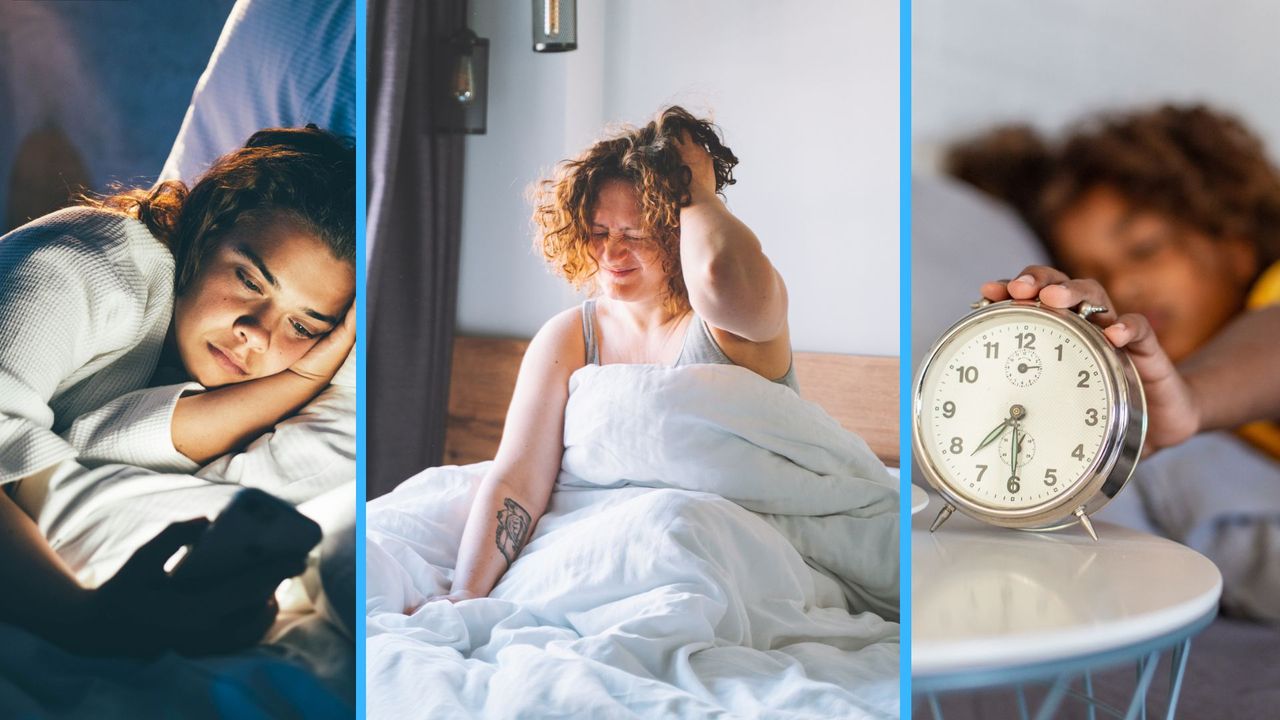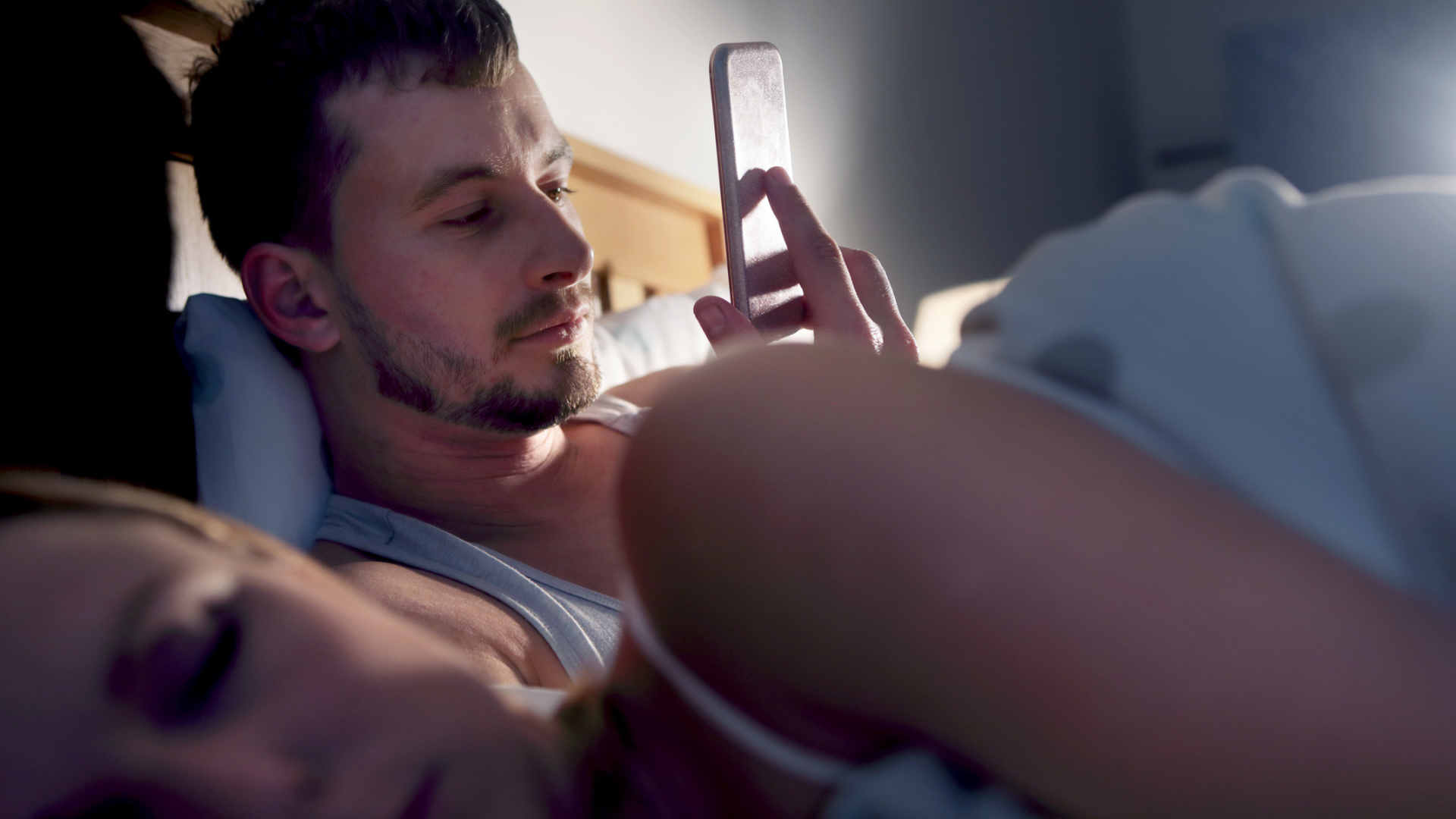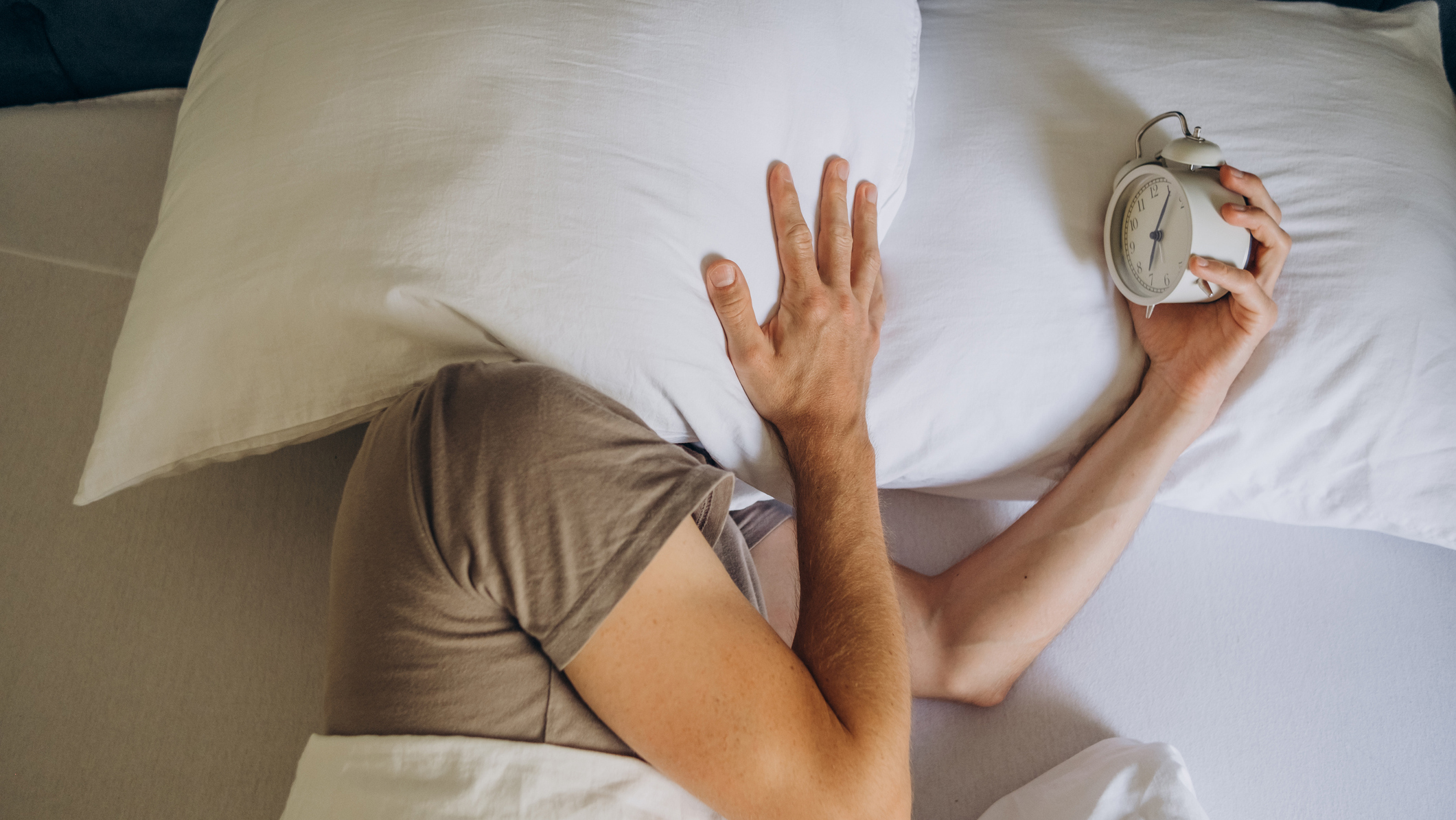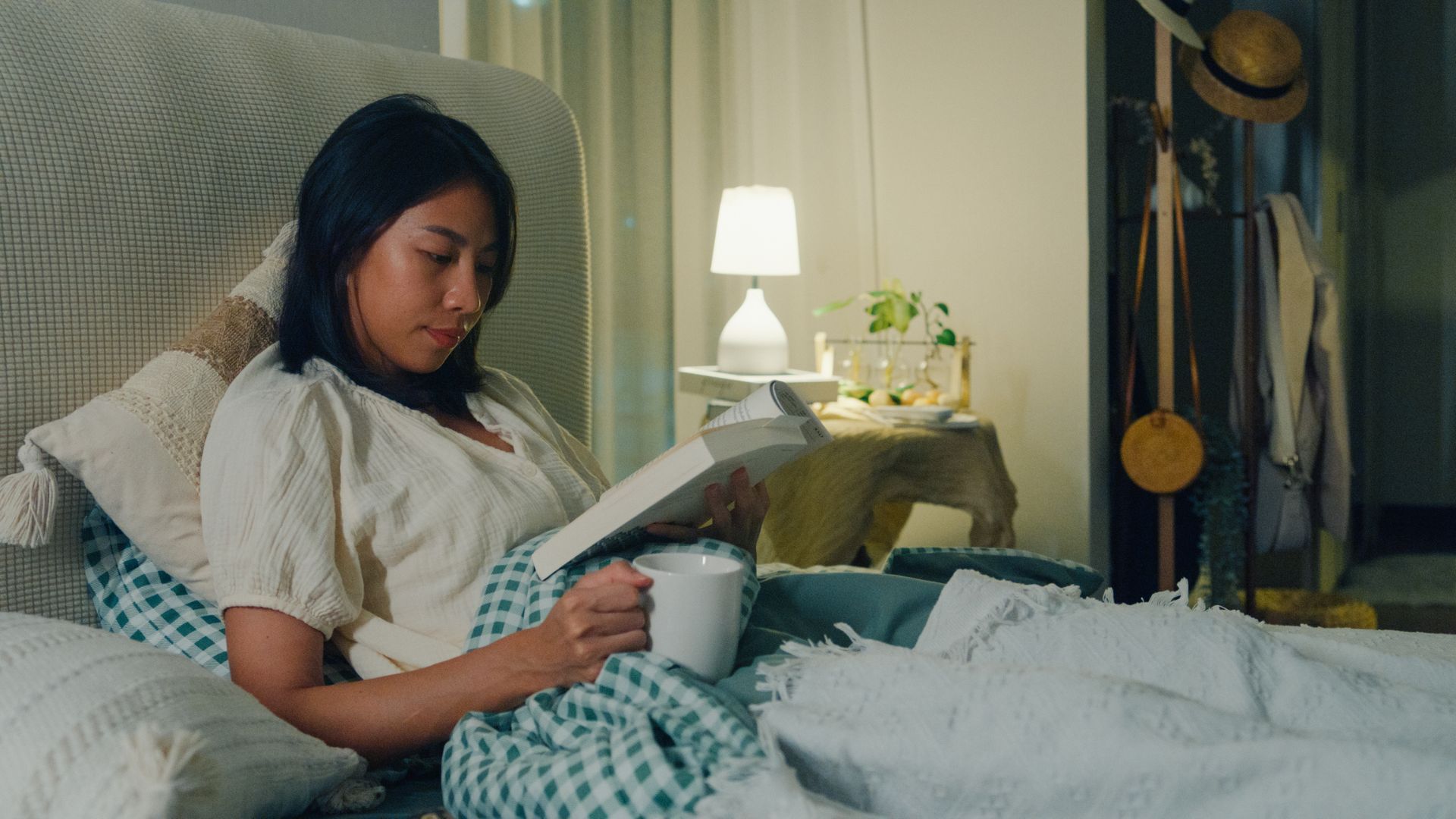
Sleep. It’s something we all love, but something we all also underestimate the importance of. Whether it’s skipping a couple hours of kip to watch a few extra episodes of your favorite program or setting your alarm extra early to squeeze in more work, we don’t respect our rest as much as we should.
And it shows. Its toll on our mental and physical health cannot be overstated, and a string of recent studies detailing just how many conditions and diseases are associated with lack of sleep is proving it. But why is it so integral to our overall wellbeing?
We’ve asked Dr Mark Kovacs, a longevity expert, human performance scientist and sleep & recovery expert, to shed light on the three worst sleep habits you can have and the impact of them on our physical health. Plus, we’ll share some easy tips to fix your sleep.
Three sleep habits that harm your health
1. Going to bed after 12.30am
The battle between night owls and early birds has been well documented, with each claiming that their way of life is ‘better’.
And, while there is evidence to suggest that we have different chronotypes which determine when we naturally feel sleepy and awake, with some people rising early and others sleeping till noon, generally a bedtime before 12am is better for our health.
A recent study with over 80,000 participants found that those who went to bed after 12.30am were 2.57 times more likely to develop liver cirrhosis and 2.61 times more likely to develop gangrene.
The closer your bedtime is to natural circadian rhythms, the more protective the effects on organs like the liver
“Late sleep onset has been associated with increased risk of metabolic and inflammatory disorders, and this study linking post-midnight bedtimes with liver cirrhosis risk adds another layer,” Dr. Kovacs explains.
You might be struggling to understand the link between a late bedtime and liver disease (because we are,) so we asked Dr. Kovacs to explain.
“Circadian misalignment, being awake when the body expects rest, disrupts hepatic metabolism, glucose regulation, and hormone cycles,” he says. “Over time, this chronic disruption can increase vulnerability to liver disease, especially when paired with poor diet, alcohol, or stress.”
But don’t worry. The solution is simple. Start moving your bedtime 15 minutes earlier every night until you’re sleeping peacefully before midnight.
Why? “From a recovery and hormonal standpoint, getting to sleep before midnight better aligns with our biological ‘power-down’ signals,” the doctor explains.
“The closer your bedtime is to natural circadian rhythms, the more protective the effects on organs like the liver,” he adds.

2. Sleeping for less than 6 hours
Now I know it has been drilled in to us to have at least seven hours of sleep a night. But it is genuinely an important rule to live by. With demanding jobs, busy social lives and family commitments, achieving a full seven to nine hours can feel like a challenge.
But it’s time to start prioritizing rest. Aside from long-term sleep deprivation that comes with a wealth of its own health risks, recent studies have found that those who sleep less than six hours a night are 1.7 times more likely to develop diabetes.
Just one week of restricted sleep can reduce glucose tolerance
And Dr Kovacs says this connection has been well documented. “Chronic sleep deprivation leads to insulin resistance, elevated cortisol, and increased appetite hormones like ghrelin,” he explains.
“These create a metabolic storm that elevates diabetes risk.”
“Even in young, healthy individuals, just one week of restricted sleep can reduce glucose tolerance,” he warns. “Over months and years, this effect becomes cumulative.”
So it's essential not to skip your ZZZs. Because it’s not just our metabolic health that can suffer, it’s our heart health, too.
One study found that “participants with high blood pressure or diabetes who slept less than six hours had 83% greater risk of heart-related death than those who slept six or more hours a night”.
And another study found that sleep deprivation is associated with coronary heart disease. The takeaway lesson? Snooze that alarm.

3. Not sticking to a sleep schedule
It’s only recently that the importance of a consistent sleep schedule is being recognized, and Dr Kovacs says that “Sleep regularity is arguably as important as sleep duration.”
Our natural sleep schedules are determined by our circadian rhythm, which is in turn controlled by the release of hormones like melatonin and cortisol.
Shifting those cycles frequently is like jet lagging your heart every week
“Irregular sleep patterns confuse the circadian system, impair autonomic regulation, and increase blood pressure variability” Dr Kovacs says. “These are all key contributors to cardiovascular strain.” he adds.
And studies have proven this link. In fact, recent research has found that irregular sleep patterns actually double the risk of cardiovascular disease in older adults.
“What’s important to understand is that our cardiovascular system thrives on rhythm,” says Dr Kovacs.
“Just like the heart beats in a predictable pattern, the body wants predictable sleep-wake cycles. Shifting those cycles frequently is like jet lagging your heart every week.”
And no one wants a jet lagged heart. Going to bed and waking up at the same time every day (even during the weekends) is the key to a healthy mind and body.

Why does sleep play such an important role in our health?
Sleep plays an integral role in our overall health. Whether it’s keeping mentally fit or physically fit, prioritizing sleep should be high up on your to-do list.
“Sleep is not passive recovery,” says Dr. Kovacs, “it’s active regeneration.”
So while it might feel like you switch off for eight hours every night, your body is hard at work rebuilding itself.
“Immune cells are replenished, the brain detoxifies, muscles rebuild, and hormones rebalance,” the doctor explains.
“Without adequate, consistent sleep, nearly every physiological system (from the liver to the pancreas to the heart) functions below its potential and eventually begins to break down.”
Quick fixes to get your sleep into shape
Assess your sleep hygiene
Sleep hygiene refers to the habits you have during the day, your lifestyle and your environment and how that impacts your sleep.
Good sleep hygiene, for example, includes only using your bedroom for sleeping, eating three balanced meals throughout the day and incorporating a nighttime routine into your evening.
Having poor sleep hygiene can make it difficult to fall asleep and stay asleep. So assess your lifestyle for any potential factors that might be disrupting your sleep.

Invest in a sleep tracker
A sleep tracker isn’t going to magically fix your sleep. It doesn’t actually impact your sleep directly in any way.
However, having the data and daily reports of your energy levels, sleep duration, sleep latency and sleep cycles is a great motivator to prioritize your rest.
It’s also helpful for keeping a consistent schedule. If nothing motivates you to head to bed early, we bet trying to beat last night’s sleep score will.
Create the right environment
Your bedroom should be a dark, cool, quiet and peaceful environment. Ambient noise and lights are common culprits of a disrupted night’s sleep or a dysregulated circadian rhythm.
Start by ensuring you’re comfortable in your bed. Do you need to choose a better mattress that will support you? Do you need to invest in the best pillow for your sleep position? If your body is fully supported, you’re less likely to wake in the night.
Sometimes, we can’t control external factors like noise and light. If that’s the case, invest in a good set of earplugs and a blackout sleep mask.







